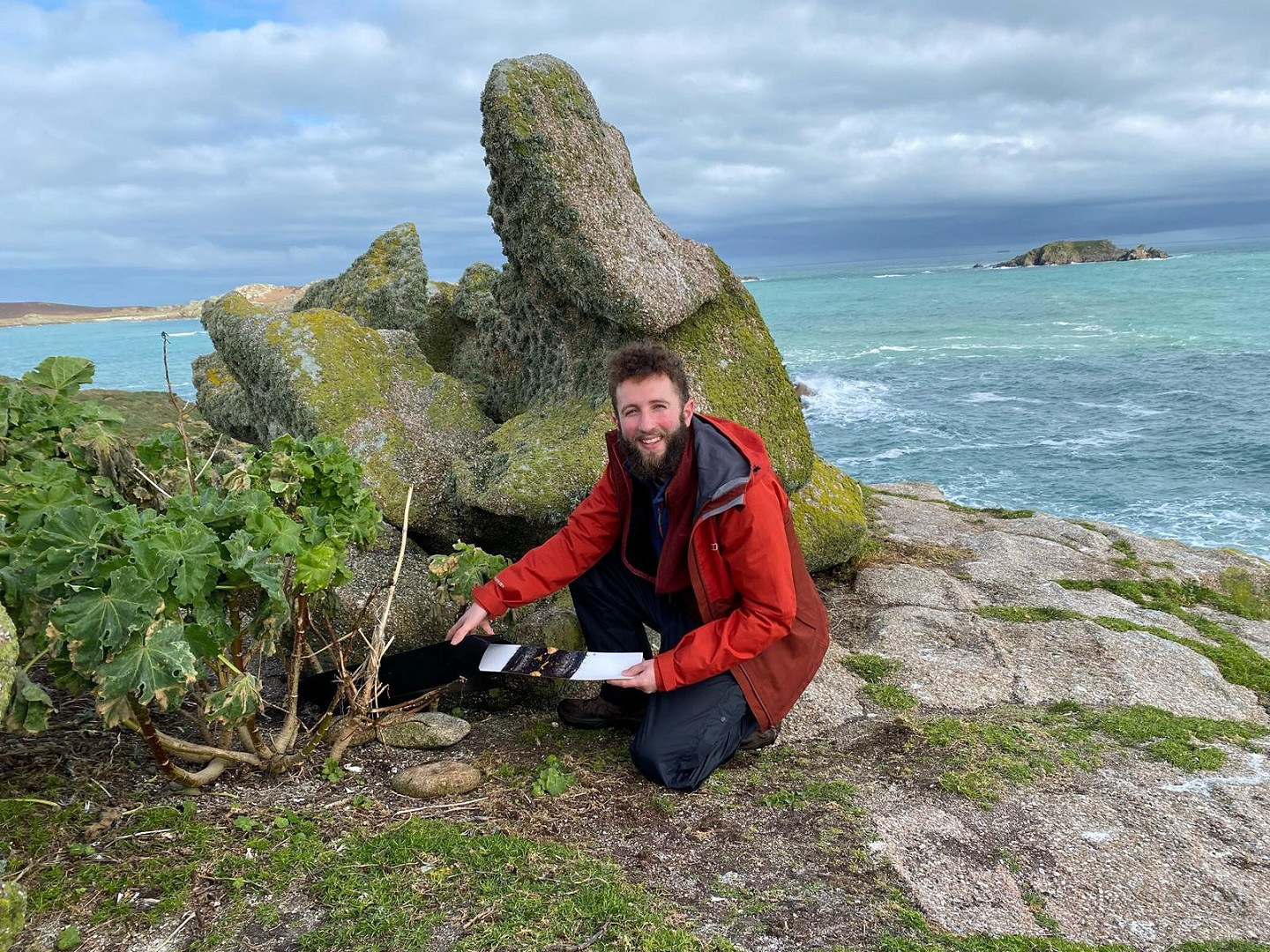
A chorus of guillemots rising from windswept cliffs, the graceful glide of a fulmar and the shearwater burrows that come alive at night – the UK’s seabird islands pulsate with life, yet these precious offshore sanctuaries face a silent threat: invasive predators like rats.
From rats, mice and mink being seen on seabird islands that were historically free of these invasive predators or on boats travelling to these islands, to ships stranding on seabird islands or cargo spills washing high risk debris ashore. There have been 47 reported biosecurity scares or incursions on islands designated as Special Protection Areas (SPA) or Sites of Special Scientific Interest (SSSI) for breeding seabirds around the UK between June 2016 – 2024 alone.
Each of these incidents requires a rapid response, with species such as brown rat able to produce a colony of 300 in just over 8 months from 1 pregnant female! This is where you can help - would you like to join our Rapid Incursion Response Team of trained and dedicated volunteers who can be called upon with short notice to respond to a reported incursion on a seabird island off a coastline near you?
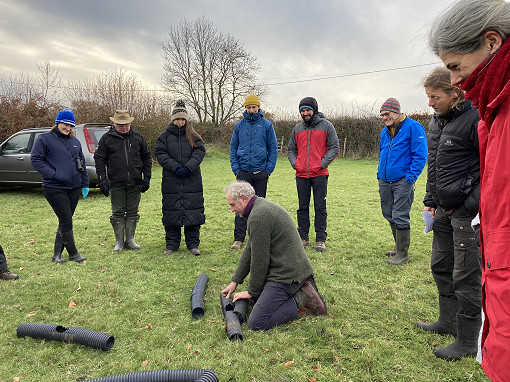
Thanks to our existing biosecurity volunteers who have made 1700+ bait tunnels, constructed 1 Rapid Incursion Response Hub, helped with 7 incursion responses, carried out routine surveillance on 11 islands and made countless wax chew blocks, thousands of seabirds and their eggs and chicks have been kept safe from invasive non-native mammalian predators. Come and join a team near you!
To find out more about the North Wales team click here.
To find out more about the South Wales team click here.
To find out more about the North East England team click here.
To find out more about the South West England team click here.
More information in the following regions is coming soon:
If you feel you could help seabird island biosecurity in other ways please do get in touch using our contact form.
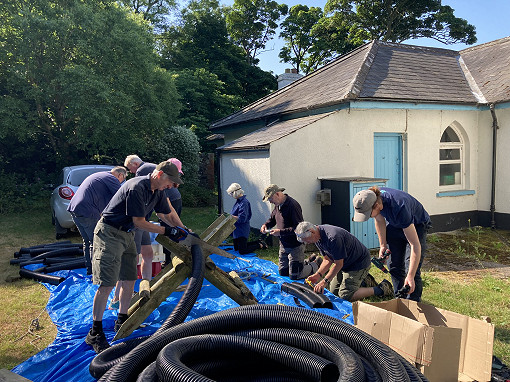
These hubs contain all the equipment required to carry out a rapid response from camping gear, surveillance equipment, traps and rodenticide to tools, first aid kits and PPE.
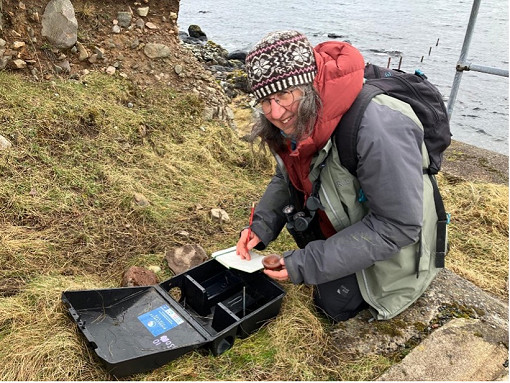
My introduction to the Biosecurity for LIFE project was during annual seabird monitoring visits to the Shiants, an uninhabited group of islands in the Western Isles, as a member of the Shiants Seabird Research Group.
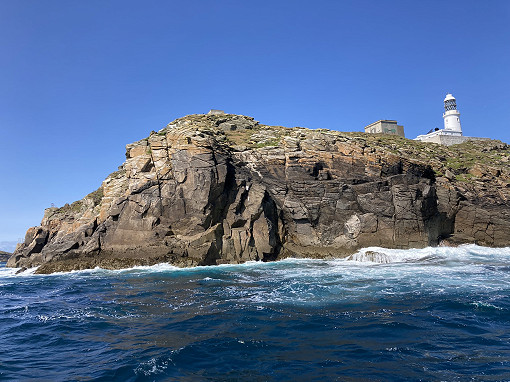
Jaclyn Pearson, Biosecurity Officer was interviewed by The Guardian newspaper about the race to protect Round Island in the Isles of Scilly archipelago following the discovery of rats there in January 2022. A rapid response was essential before the breeding Manx Shearwater and European Storm Petrel returned to breed.
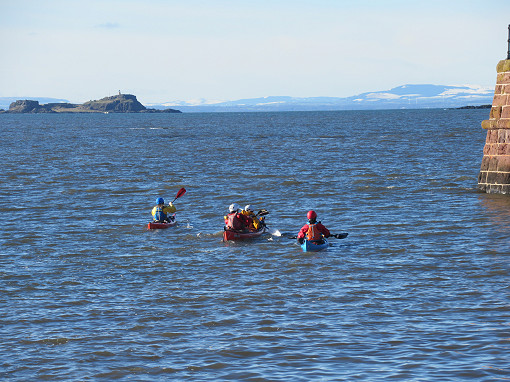
Sarah Lawrence, Biosecurity Officer wrote a guest blog for the Scottish Seabird Centre following an incursion response they coordinated on the Lamb in the Firth of Forth. Thanks to the huge efforts of volunteers from the Lothian Sea Kayak Club the rat was finally removed from the island in March 2022 (photo John Hunt).